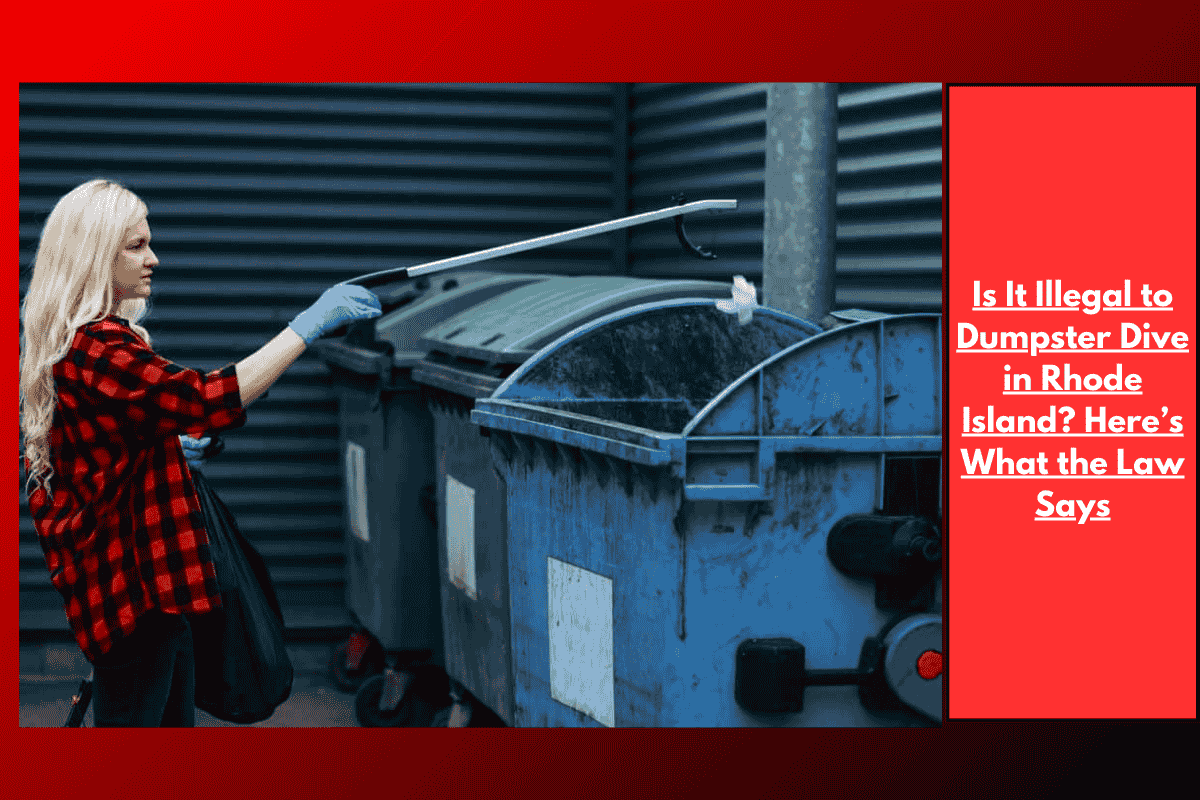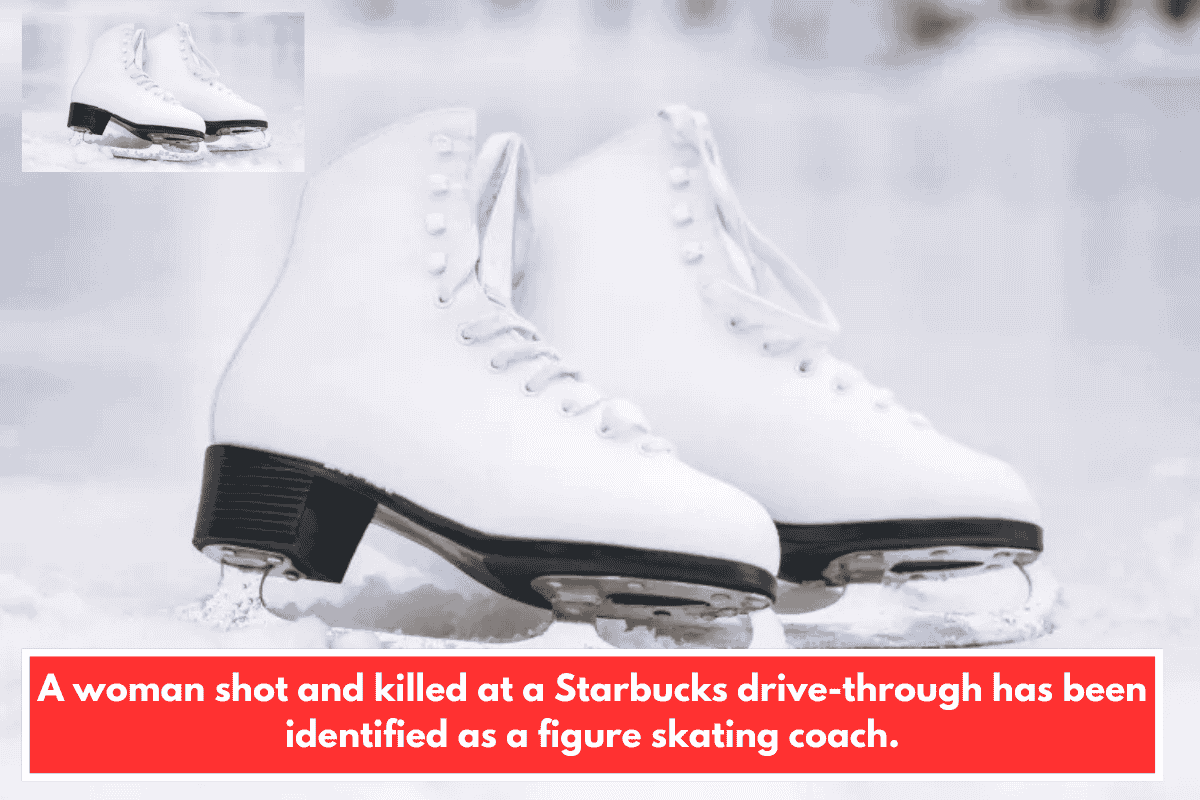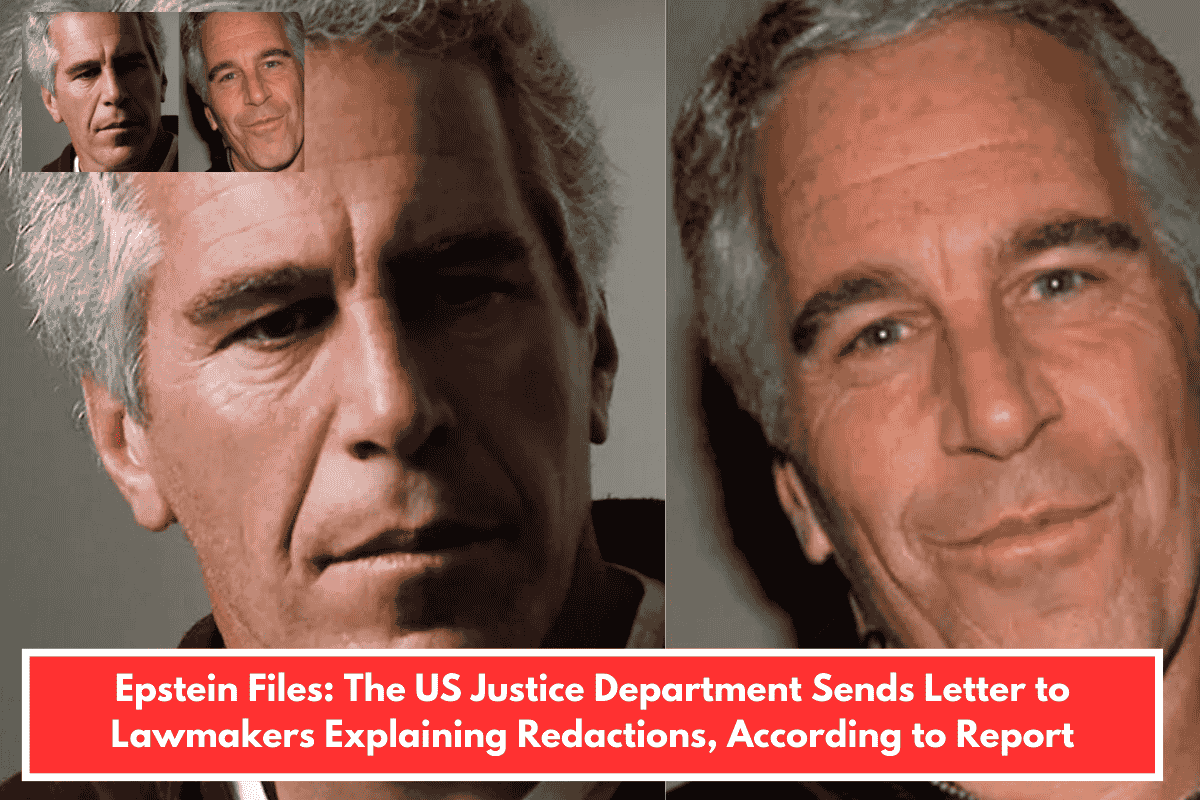Dumpster diving—the act of searching through commercial or residential waste containers for discarded items—has become a topic of increasing interest in recent years. Whether for finding food, furniture, or other reusable materials, some see it as a way to reduce waste and make use of discarded items. However, for those in Rhode Island, it’s important to understand the legal implications of this activity, as dumpster diving can sometimes run afoul of the law.
In this article, we’ll break down the laws and regulations surrounding dumpster diving in Rhode Island and help you understand what is and isn’t allowed when it comes to scavenging through trash.
What Does Rhode Island Law Say About Dumpster Diving?
In Rhode Island, there are no specific laws that outright ban dumpster diving. However, this doesn’t mean it’s always legal to go through someone’s trash. Several other factors come into play, such as trespassing, theft, and local ordinances that may affect the legality of dumpster diving.
Trespassing Laws
One of the main legal issues when it comes to dumpster diving is trespassing. While the trash itself may be considered discarded property, the area surrounding it often belongs to a business or private property owner. Trespassing occurs if you enter private property, including dumpsters located on private land, without the permission of the property owner. In Rhode Island, trespassing is generally defined as entering or remaining on someone’s property without their consent, and it could result in fines or even criminal charges.
If the dumpster is located in a commercial or private parking lot, and you don’t have the property owner’s permission, you could be committing trespassing.
On the other hand, dumpsters located on public property might not be as restricted, but it still depends on whether the area is open to the public for general access or restricted by other laws.
Theft and Personal Property
Even if a dumpster is on public property, it’s important to consider the concept of theft. Just because an item is in the trash doesn’t automatically make it free to take. Items that are thrown away are still often the property of the person or business who discarded them. In many cases, once an item is discarded, it may still technically belong to the original owner until it is picked up by waste management services or disposed of properly. This can lead to potential theft charges if the property owner can prove the items were still in their possession and weren’t meant to be discarded.
Local Ordinances and Waste Management Regulations
Some towns and cities in Rhode Island may have their own local ordinances regulating what can and cannot be taken from trash bins. These laws often focus on controlling littering and ensuring proper waste disposal, but they may also restrict dumpster diving in certain locations. For example, some local ordinances prohibit going through commercial dumpsters, especially if the items are considered hazardous waste or if the dumpsters are specifically marked to discourage scavenging.
Certain businesses, such as grocery stores, may also have specific rules in place that discourage dumpster diving to protect their liability. For example, some food items found in dumpsters might be considered unsafe for consumption, and businesses may not want to be held responsible if someone takes discarded food and gets sick. So, while dumpster diving itself isn’t illegal in all situations, there are local restrictions and private property rules that could make it illegal in certain circumstances.
Can You Dumpster Dive for Food in Rhode Island?
The legality of diving for food is an area of concern for many people interested in dumpster diving. While there’s no statewide ban on salvaging discarded food in Rhode Island, several factors need to be considered:
Health and Safety Concerns: If the food has been discarded for health or safety reasons, taking it from a dumpster may put you at risk of illness. In some situations, businesses may be legally required to discard food that’s been sitting out too long, is expired, or could be contaminated. Taking food from dumpsters could expose you to health risks.
Food Recovery Laws: Rhode Island, like many states, has laws surrounding food recovery and donation, which are aimed at reducing food waste. While these laws promote the redistribution of safe, edible food to charities and food banks, it’s still best to be cautious about taking food from dumpsters unless you know it’s safe for consumption.
Other Legal Considerations
Waste Disposal Services: Many towns and cities have public waste disposal services, and they may have their own regulations about what is considered “public trash” and what is private. If you’re dumpster diving on public property, it’s important to check if the area is managed by the local waste management services. Certain waste might not be accessible due to health concerns or other regulations.
Public Health and Safety: In Rhode Island, as in other states, there are public health and safety laws that can apply to dumpster diving, particularly when it involves food. The Food and Drug Administration (FDA) has guidelines about the safe handling and disposal of food, which businesses must adhere to. If you’re found taking food that’s been improperly discarded or is unsafe, you might face legal consequences.
What Should You Do to Stay Legal?
To avoid breaking the law while dumpster diving in Rhode Island, consider these best practices:
Seek Permission: Always ask the property owner or business owner for permission to go through their dumpster. Even if it seems abandoned, it’s better to get consent to avoid any legal issues.
Follow Local Ordinances: Check with your local town or city to see if there are any specific rules or restrictions about dumpster diving. Some municipalities may have restrictions, especially in commercial or residential areas.
Be Cautious About Food: If you’re diving for food, be extra cautious. If the food seems unsafe or improperly stored, don’t take it. For your safety and to avoid potential health risks, it’s better to leave questionable items behind.
Respect Property: Always stay respectful of private property. Avoid rummaging through dumpsters on private property without permission, and never leave a mess behind. If you do go dumpster diving, make sure to clean up after yourself.
In Rhode Island, dumpster diving is not outright illegal, but it comes with a host of legal considerations. Trespassing, theft, and local ordinances can all complicate the situation. While it’s important to follow the laws, it’s also essential to ensure you’re diving safely and ethically, especially when it comes to food. By staying informed, asking for permission, and following local regulations, you can reduce the risk of running into legal trouble while enjoying this environmentally-friendly practice.
SOURCES
[1] https://www.reddit.com/r/DumpsterDiving/comments/y18e3/anyone_in_rhode_island/
[2] https://collincountymagazine.com/2025/07/05/is-it-illegal-to-dumpster-dive-in-rhode-island-heres-what-the-law-says/
[3] https://www.legalmatch.com/law-library/article/is-dumpster-diving-illegal.html
[4] https://www.youtube.com/watch?v=FesWBPVIjXs
[5] https://scrapsafari.com/dumpster-diving-in-rhode-island/














